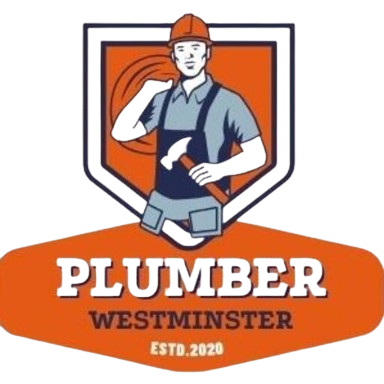The plumbing system in your house can be upgraded to improve performance, avoid problems later, and even raise the property’s worth. There are a number of alternatives available, whether your goal is to fix aging pipes or increase the effectiveness of your water use. Here is a list of some of the most well-liked options for plumbing system upgrades:
Repiping the Entire House
Repiping is one of the best improvements you can make if your home has leaking, damaged, or outdated pipes. New pipes, often composed of copper, PEX (cross-linked polyethylene), or CPVC (chlorinated polyvinyl chloride), are used in this operation to replace the outdated ones. Because galvanized steel pipes rust over time, repiping is frequently required for homes constructed prior to the 1970s.
Benefits
stops water damage and frequent leaks.
enhances the flow and pressure of water.
enhances your home’s worth
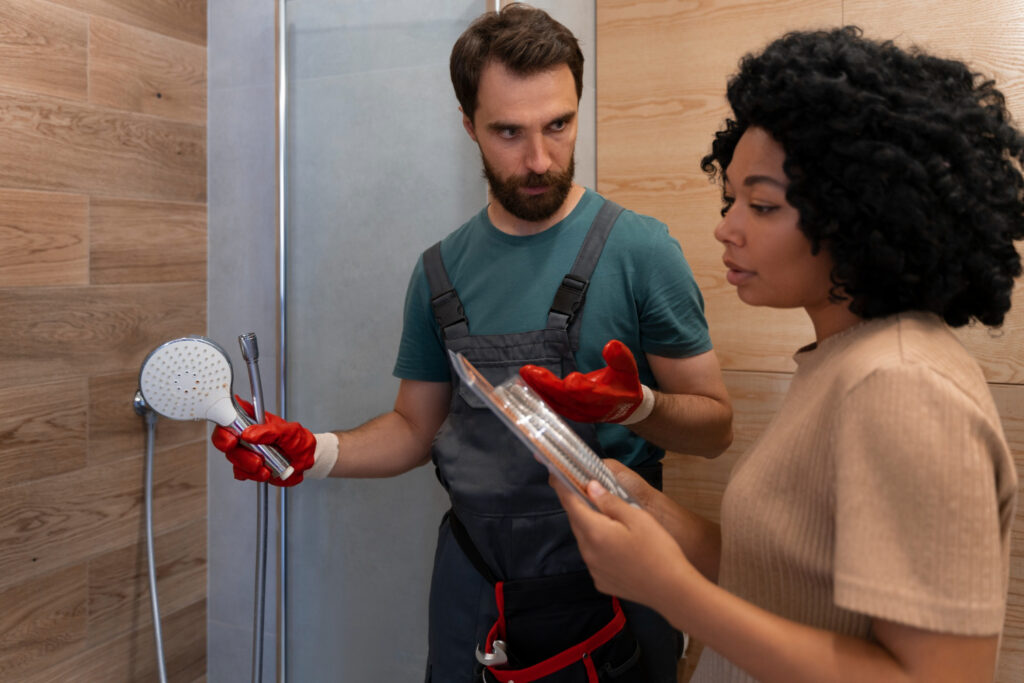
Upgrading to PEX Pipes
Making the switch to PEX pipes
Cross-linked polyethylene, or PEX, is a contemporary pipe material that is pliable, strong, and impervious to corrosion and scale accumulation. Due to its ease of installation and ability to be routed around obstructions without the need for additional fittings, it is becoming more and more popular for house plumbing modifications.
Benefits
Easy to install and versatile.
able to withstand freezing and rupture.
less expensive than copper piping.
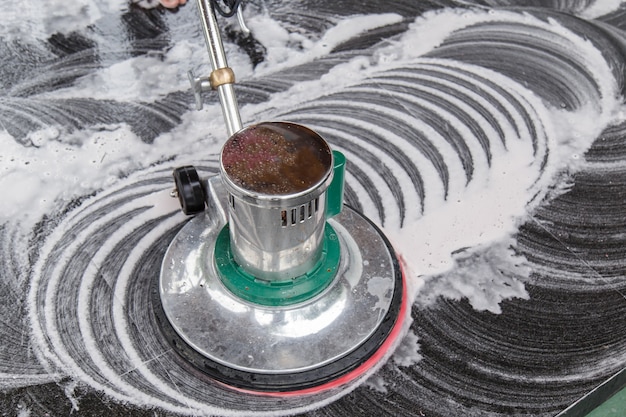
Installing Water Filtration Systems
Installing a whole-house water filtration system can provide safe, clean water throughout your house if you’re worried about the quality of your water. By eliminating impurities like silt, germs, lead, and chlorine, filtration systems can enhance the safety and flavor of your water.
Benefits:
Enhances the quality of water for bathing, cooking, and drinking.
lessens exposure to dangerous substances.
long-lasting and low maintenance.
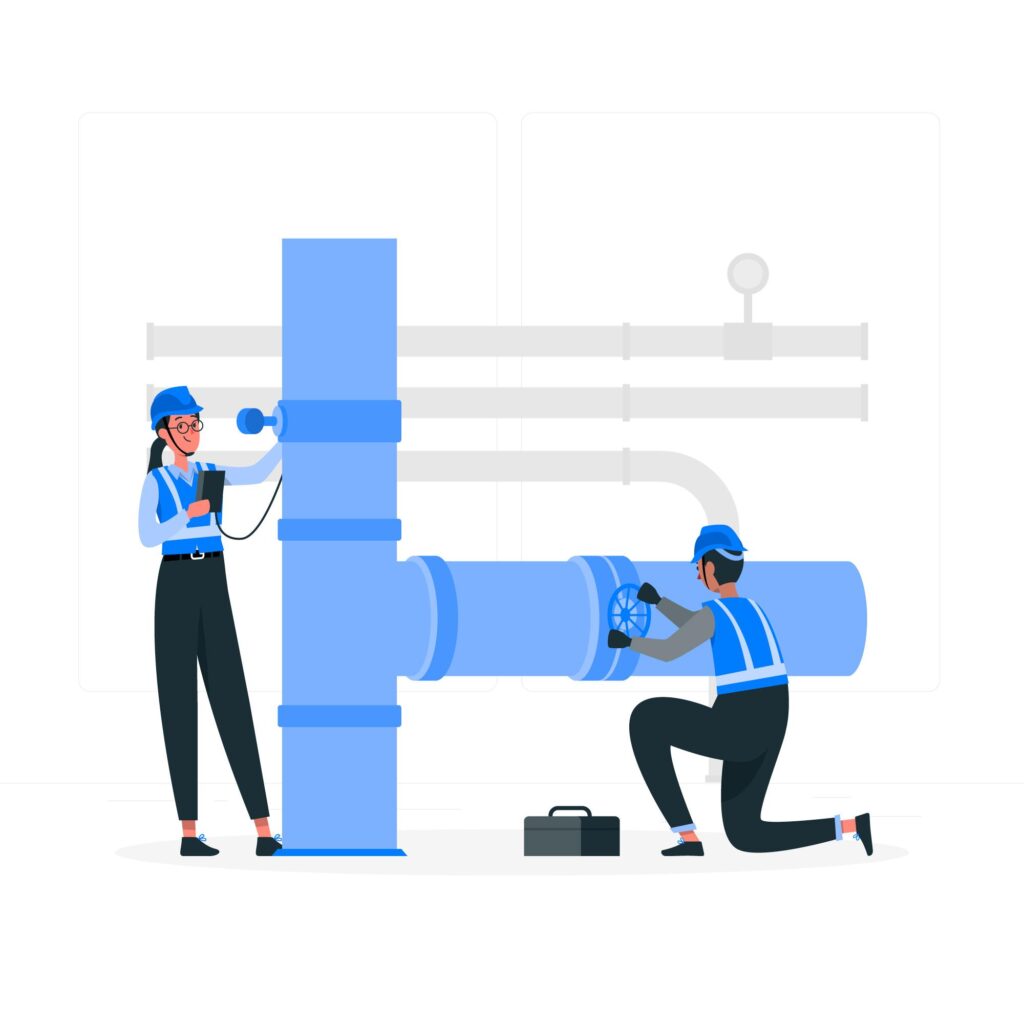
Upgrading to Tankless Water Heaters
Installing a whole-house water filtrati
Switching to Water Heaters Without Tanks
Conventional water heaters hold a lot of water and heat it continuously to the appropriate temperature. Tankless water heaters, on the other hand, use less energy and provide unlimited hot water by only heating water when it is needed.
Benefits
economical and energy-efficient over time.
small and space-efficient.
delivers hot water on demand without a tank.
Installing Low-Flow Fixtures
Water conservation and decreased utility bills can result from upgrading your plumbing system to incorporate low-flow devices like showerheads, toilets, and faucets. These fixtures are made to use less water while yet providing a good flow.
Benefits:
Lowers water usage.
reduces water bill costs.
ecologically sustainable.
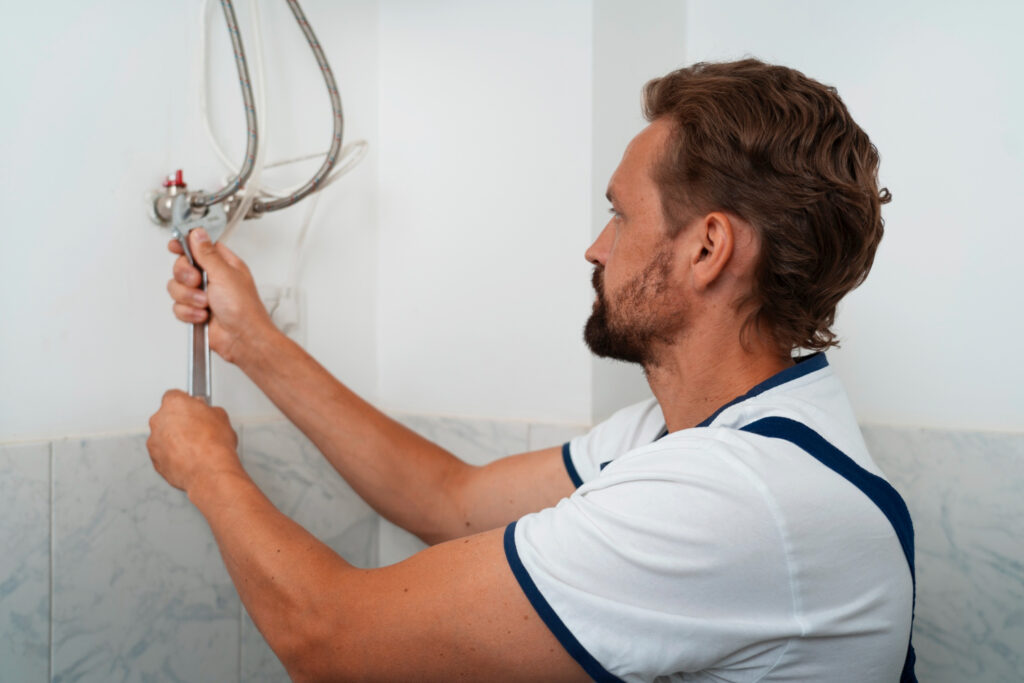
Sewer Line Replacement or Inspection
Sewer lines that are old, broken, or obstructed can cause major plumbing issues. It may be required to upgrade or replace the sewer line if you’re having slow drainage or frequent obstructions. Cracks, obstructions, and tree root intrusion can all be found with the use of a video inspection.
Benefits: Prevents blockages of sewage.
guarantees adequate drainage.
prevents costly future repairs.
Smart Plumbing Technology
Homeowners may now remotely monitor and control their plumbing thanks to the growing popularity of smart plumbing system. Smart faucets, smart water leak detectors, and even water-saving devices that modify flow rates in response to usage are examples of this.
Benefits:
Assists with early leak detection to stop water damage.
improves efficiency and convenience.
gives you more control over how much water you use.
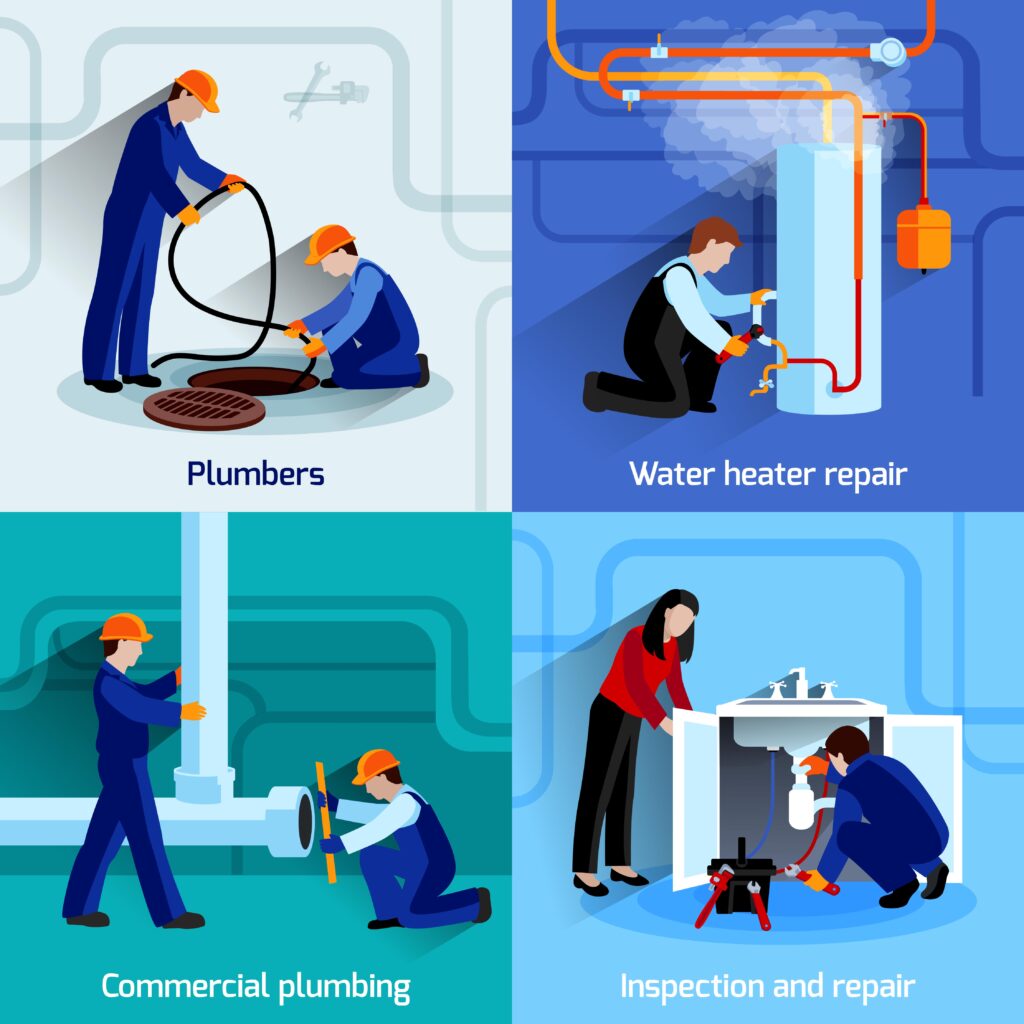
Upgrading Sump Pumps
For homes with basements or in flood-prone areas, a sump pump is essential to preventing water damage. You may improve the overall dependability of your home’s drainage system and avoid basement flooding by upgrading to a newer, more efficient type.
Benefits:
Prevents flooding in basements.
safeguards the home’s structure and foundation.
provides dependable, durable performance.
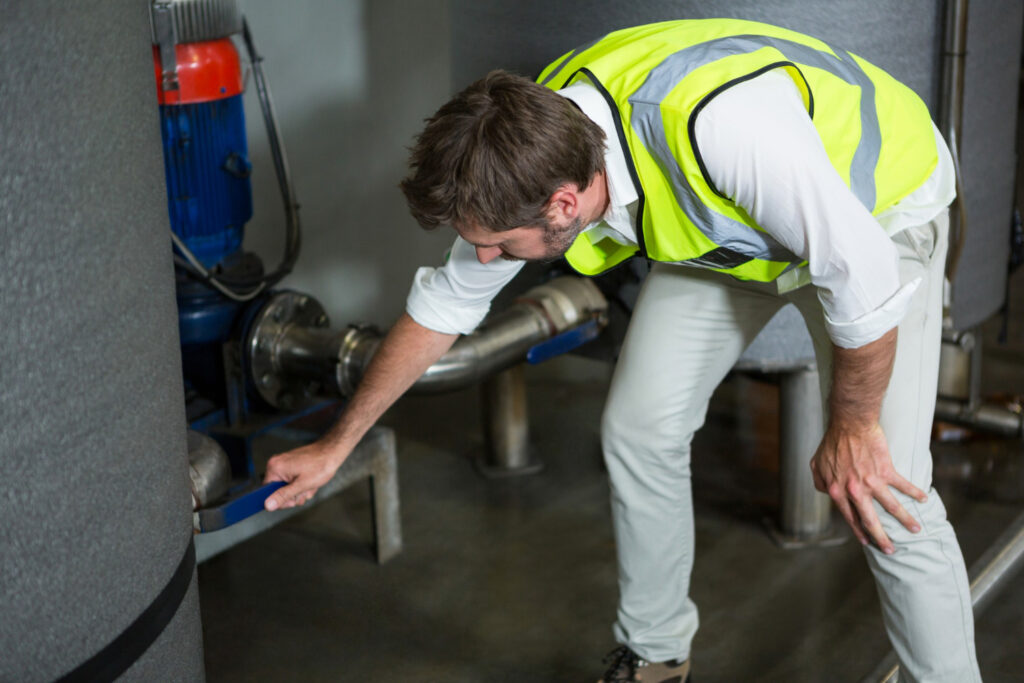
Conclusion
Improving the plumbing system in your house is an investment in long-term efficiency, comfort, and safety. Every upgrade has its own special advantages, whether you’re working on a repining project, adding energy-efficient lights, or improving the quality of your water. To guarantee the best solutions for your house, evaluate the plumbing requirements of your house, weigh your options, and speak with a qualified plumber.
In addition to improving your plumbing system, these improvements can help you save energy and water, which could result in decreased utility costs.
